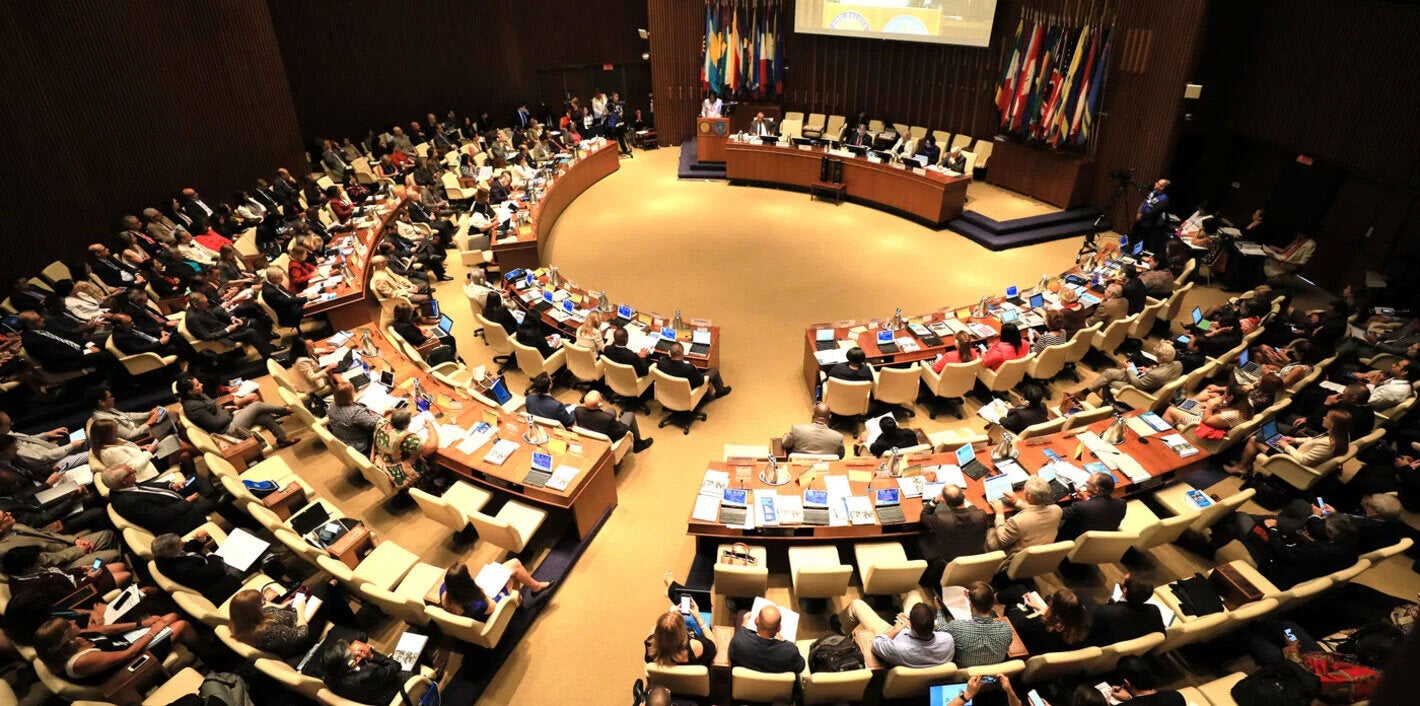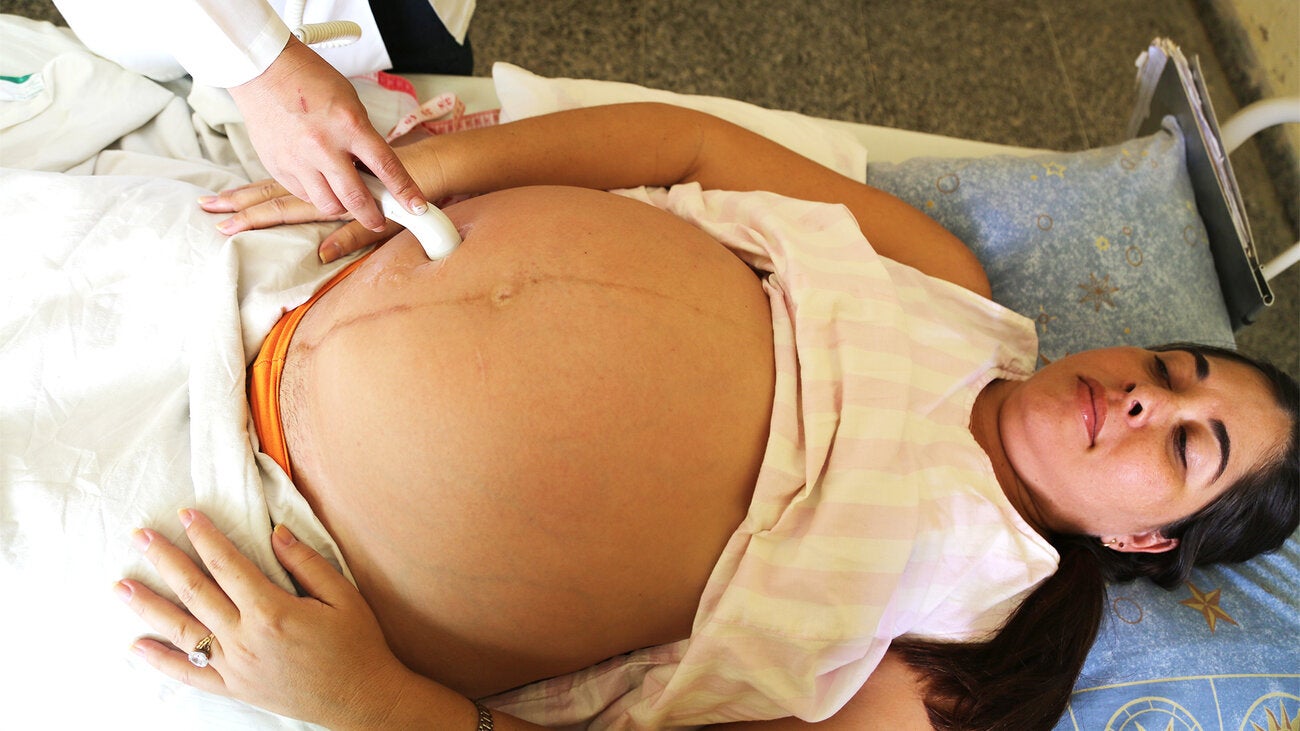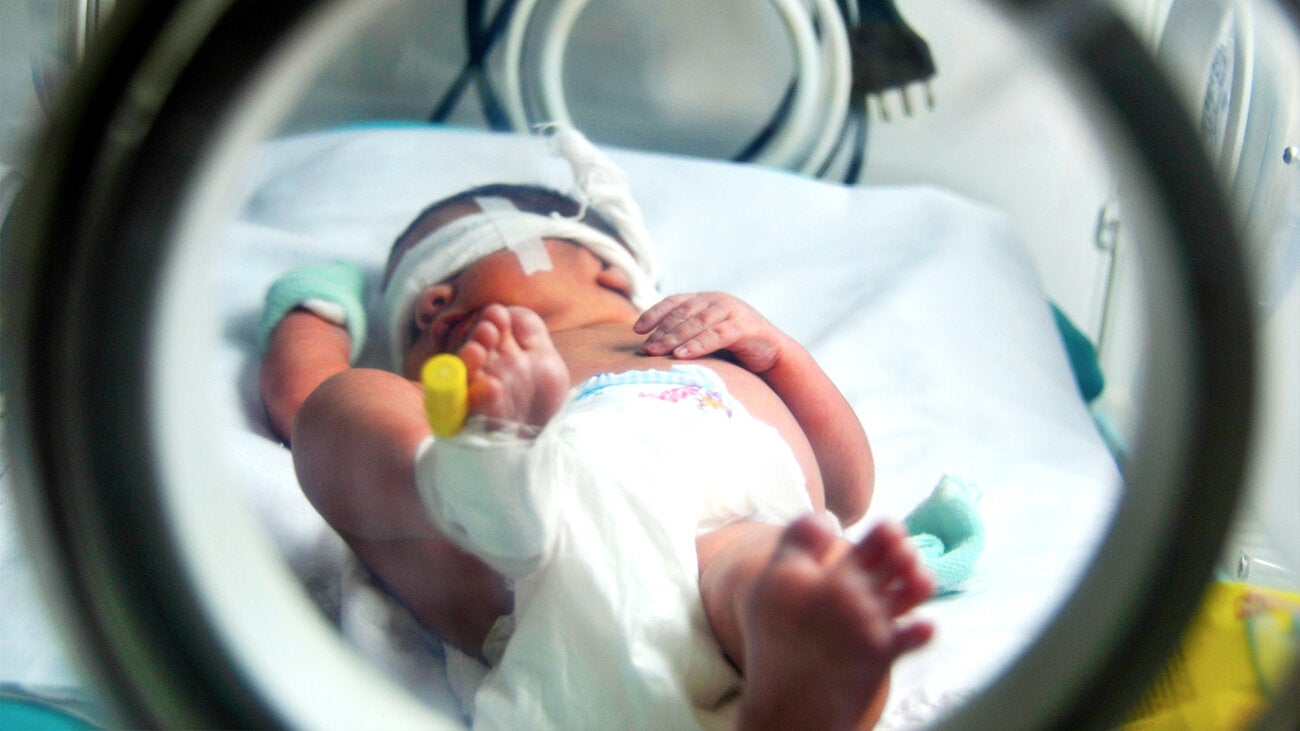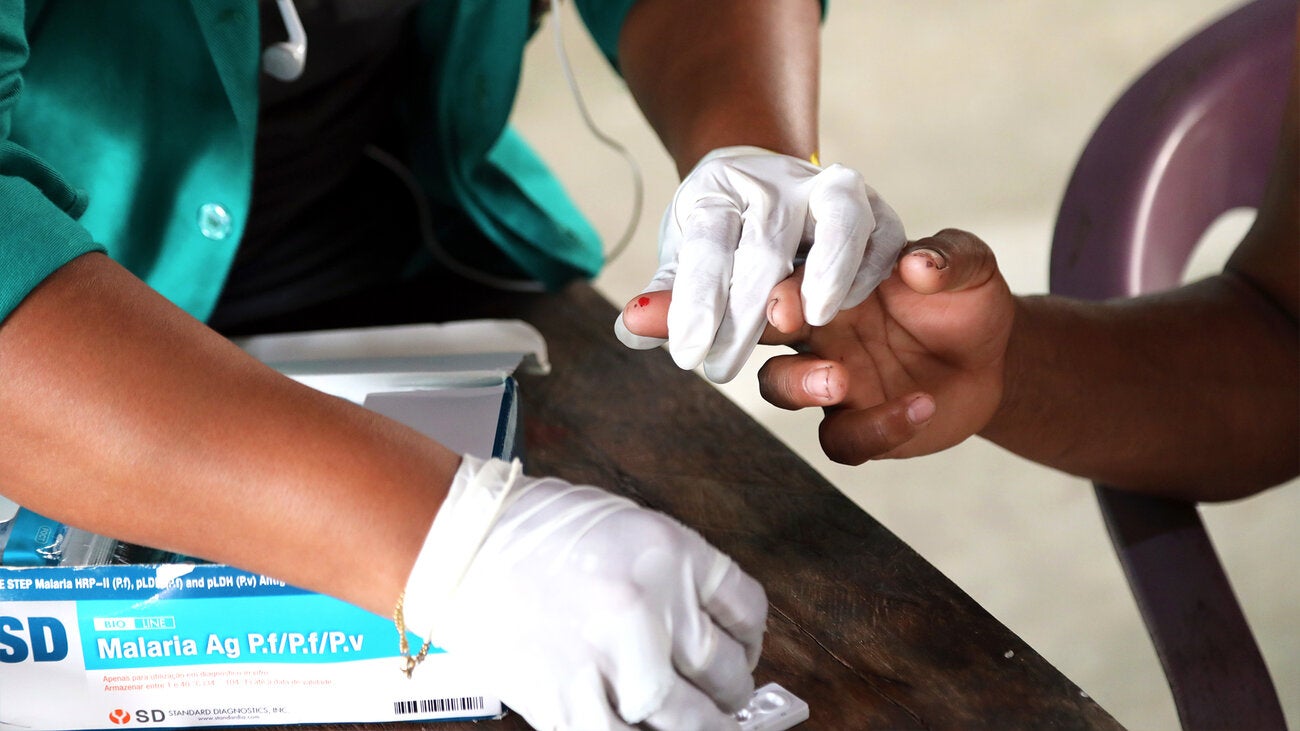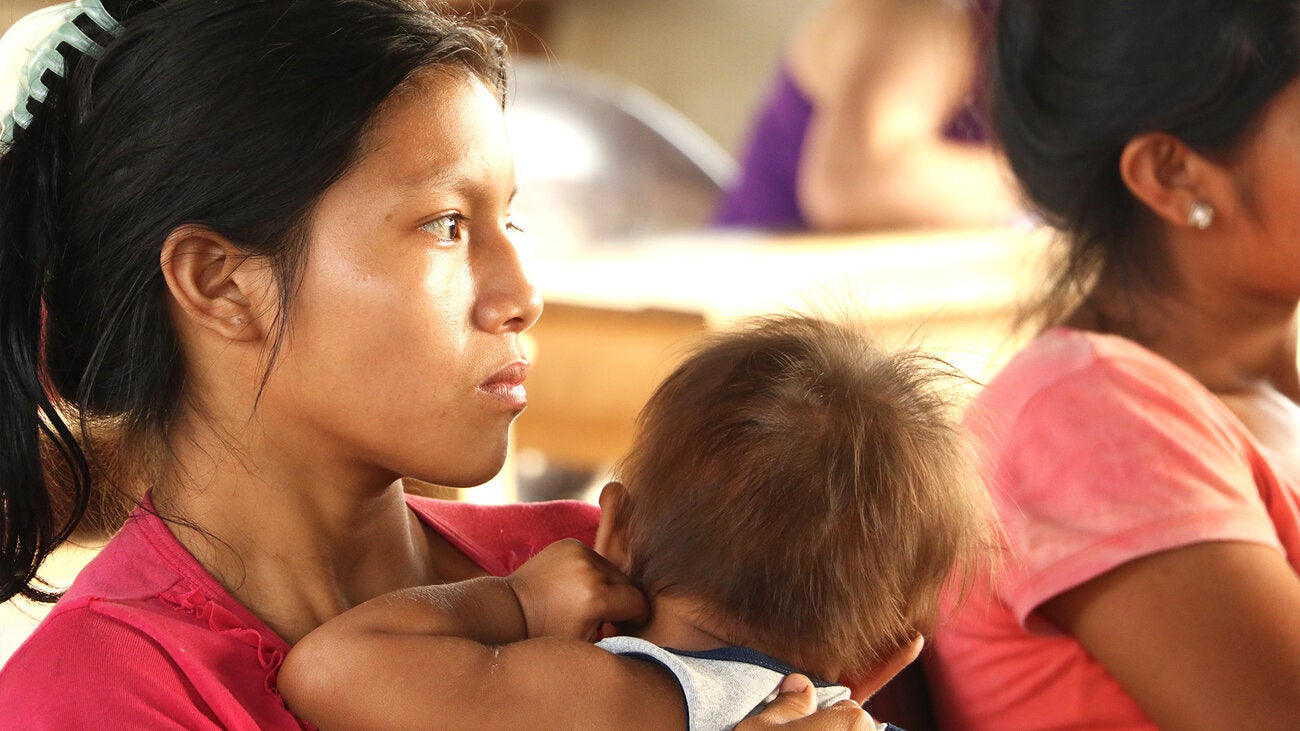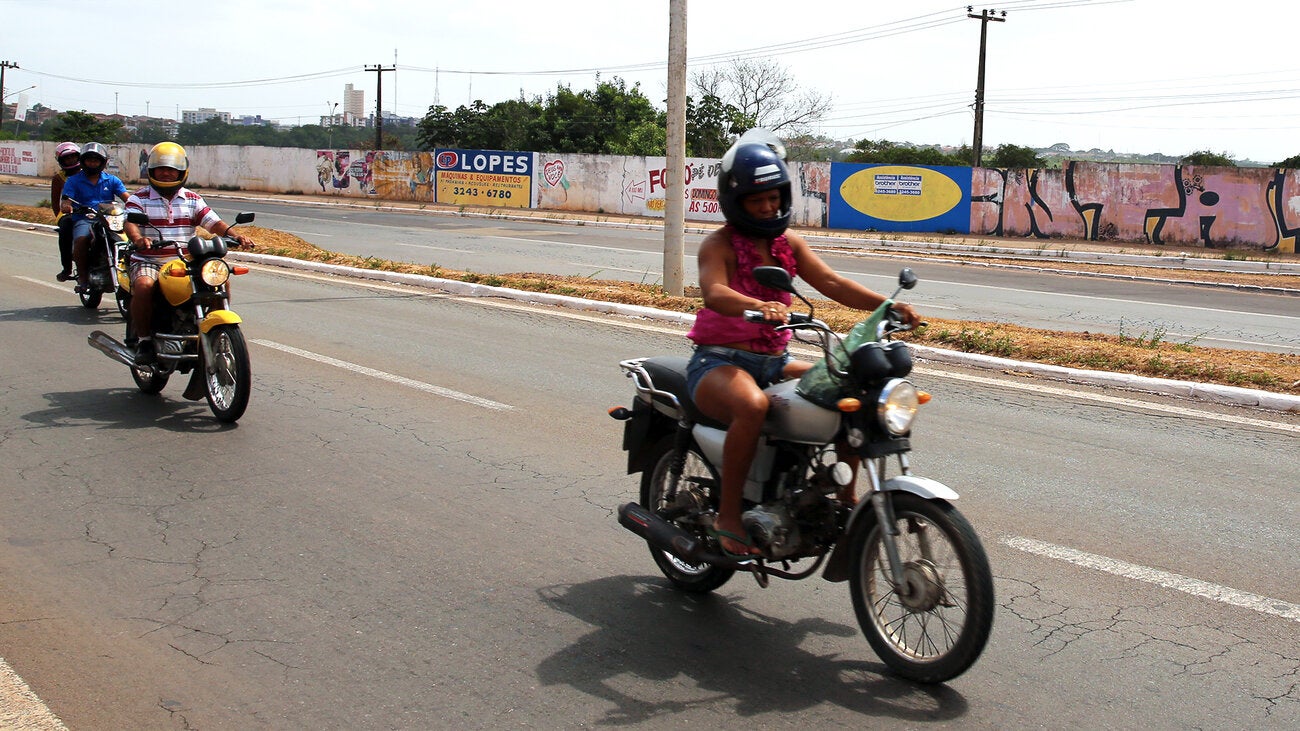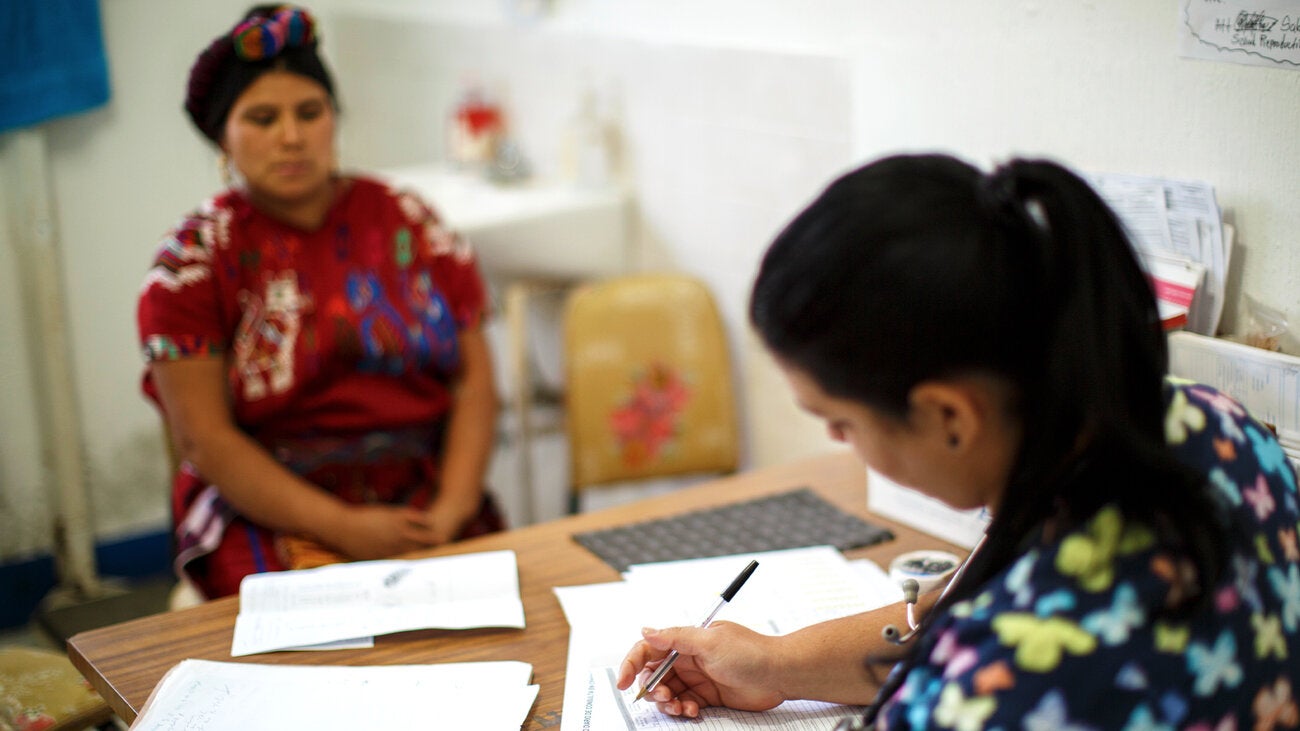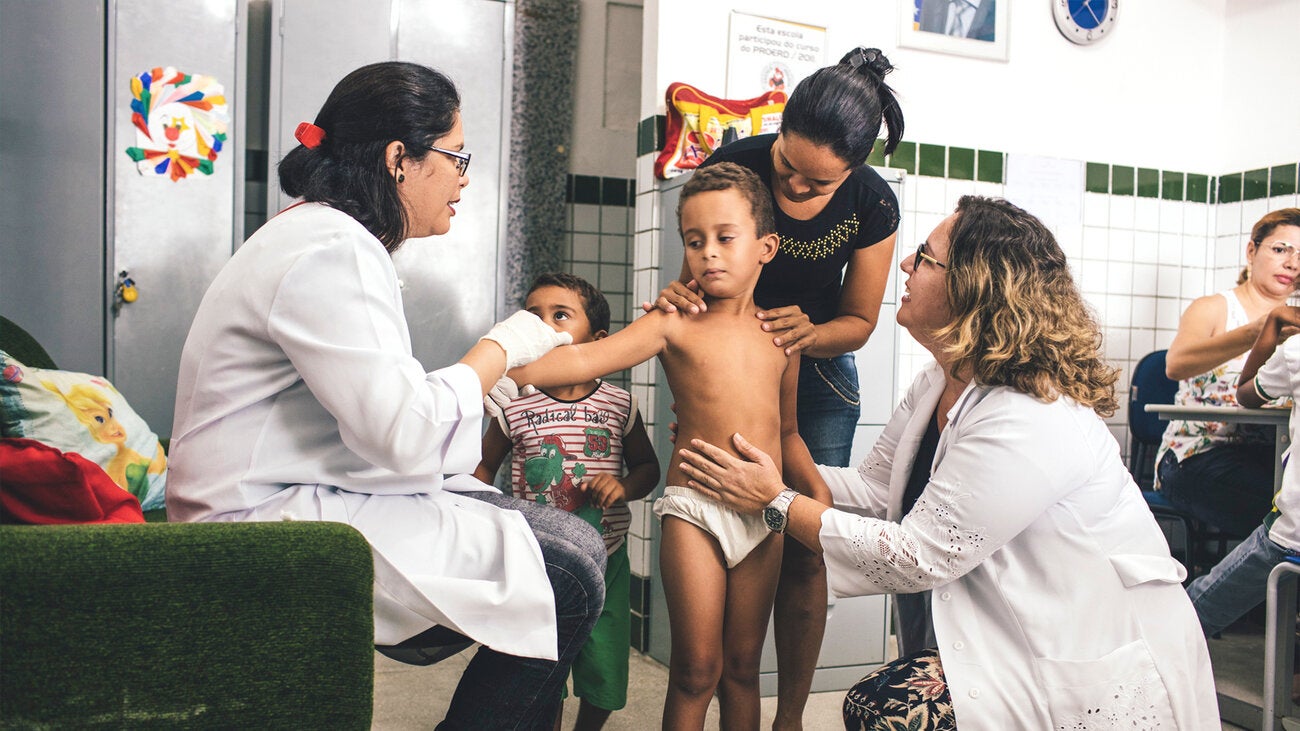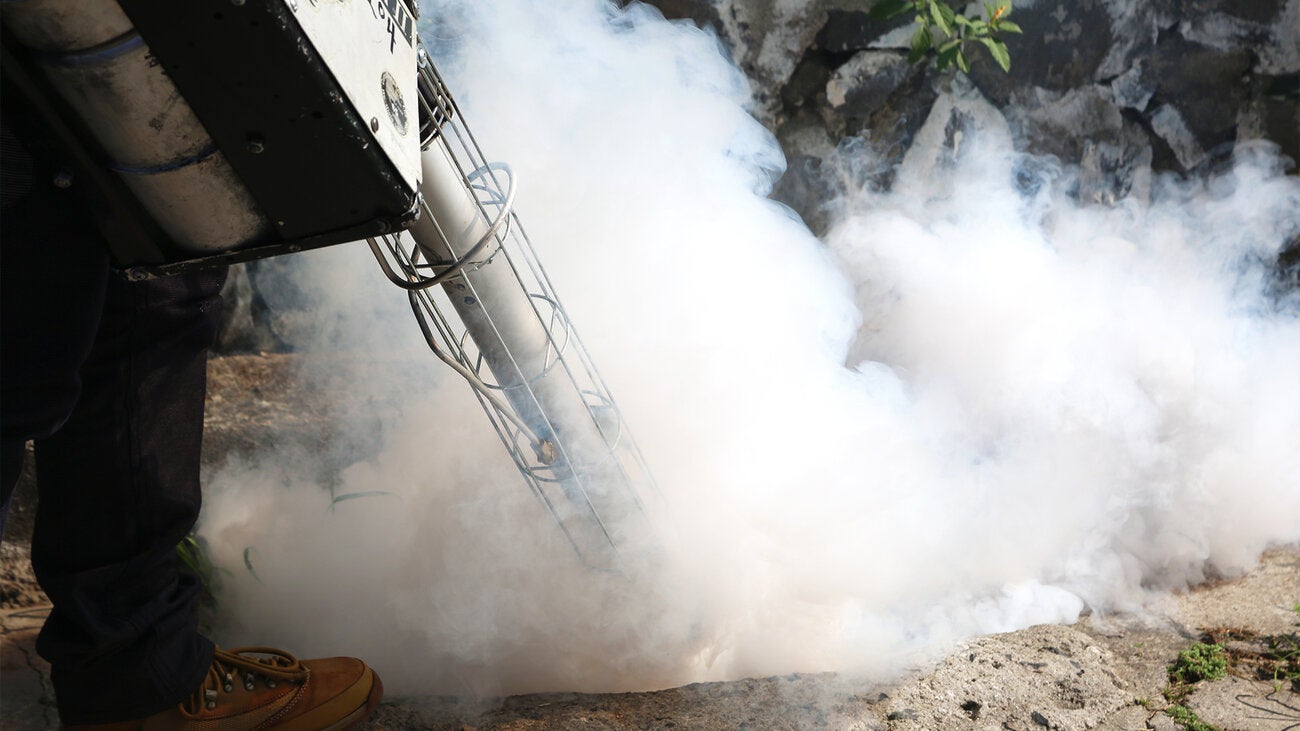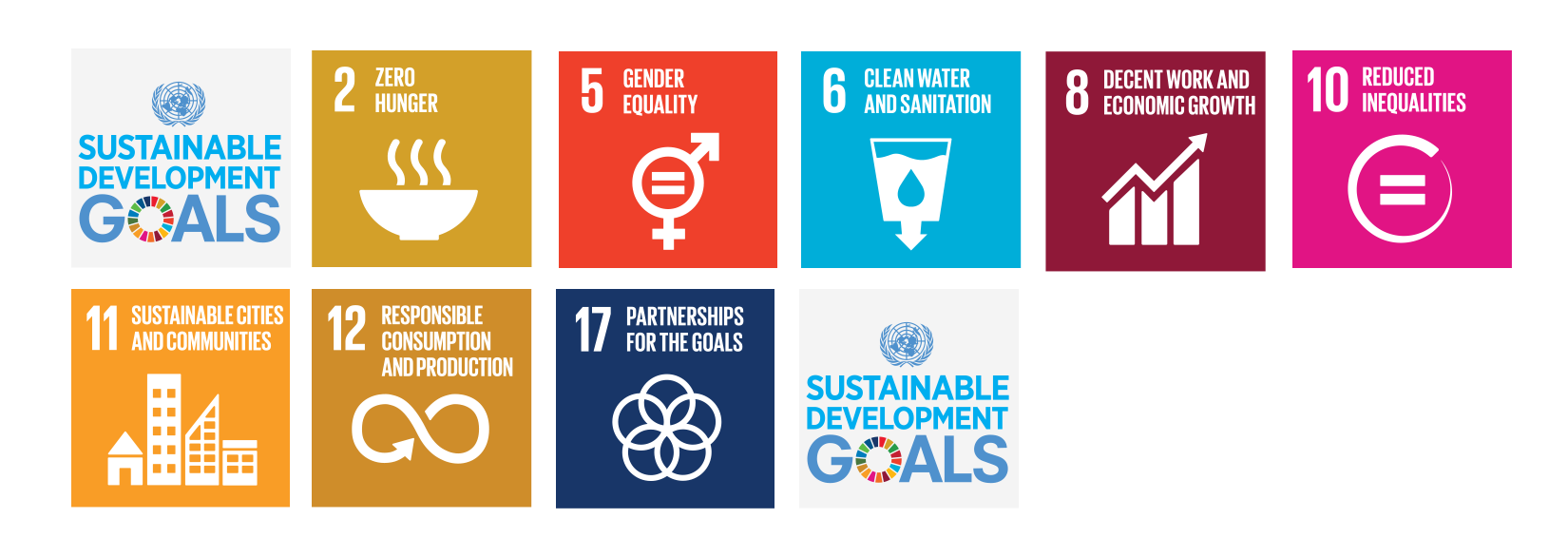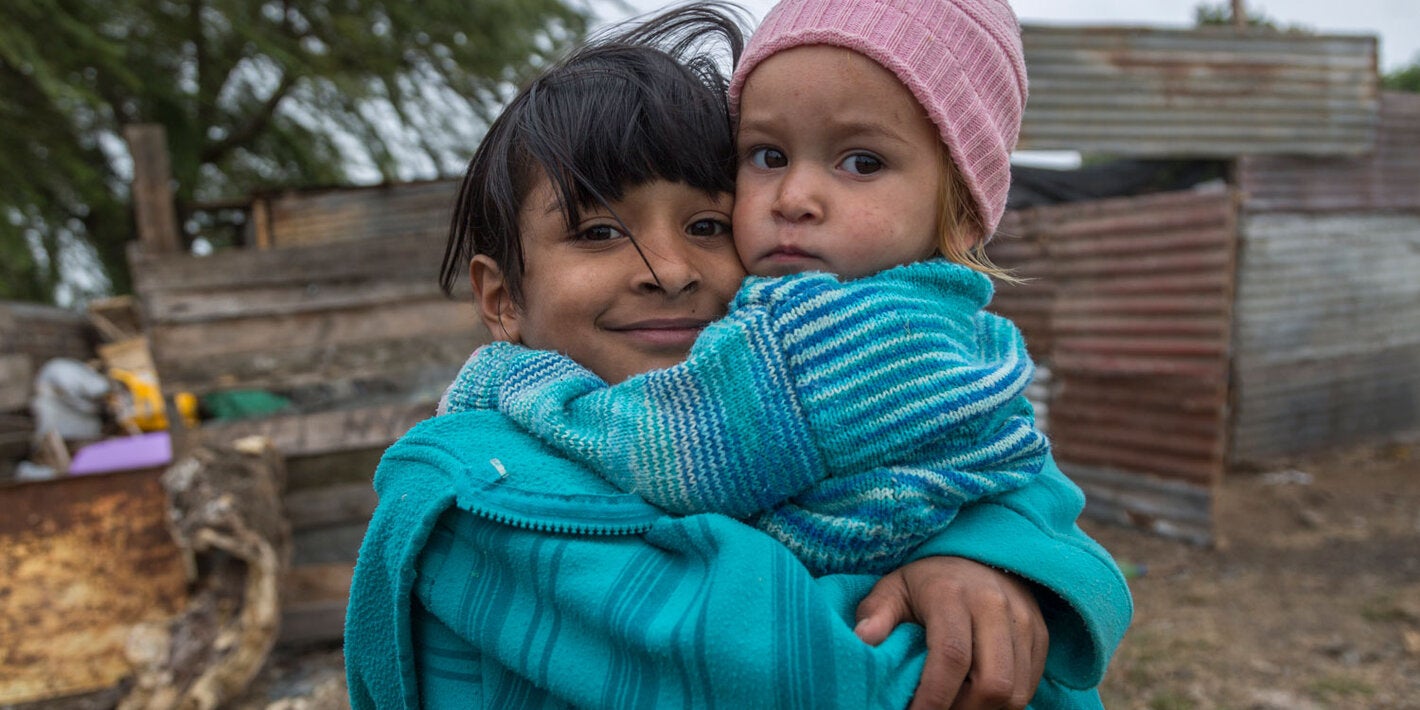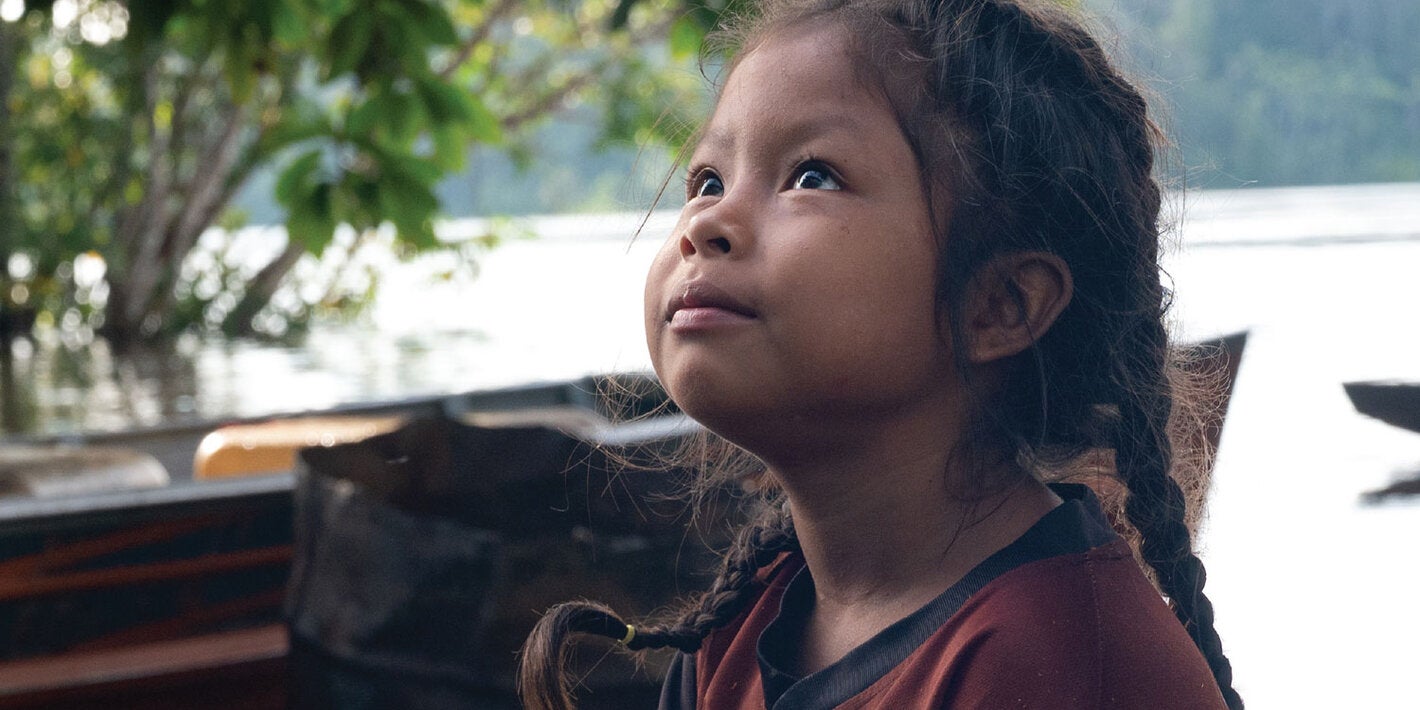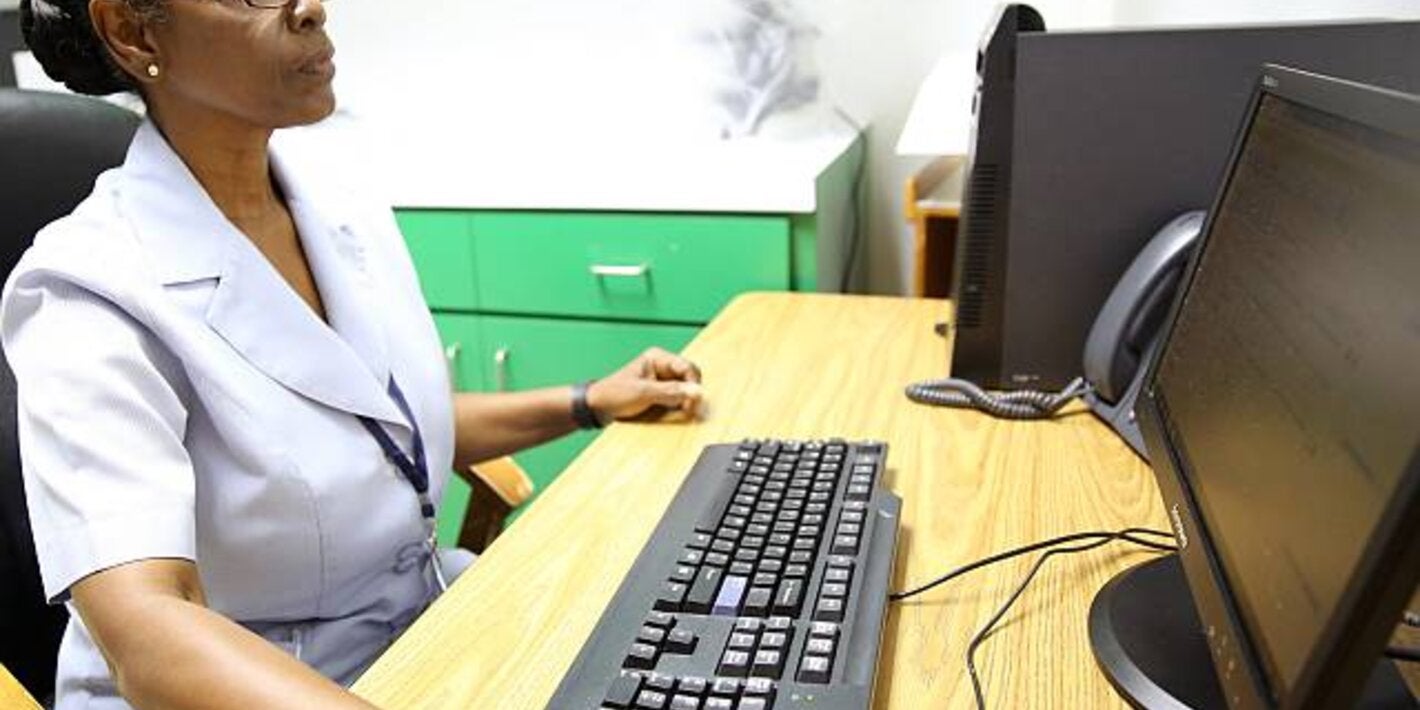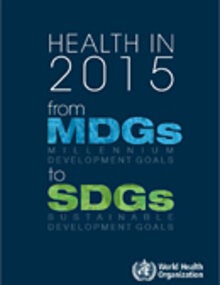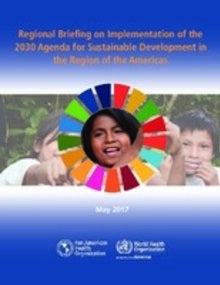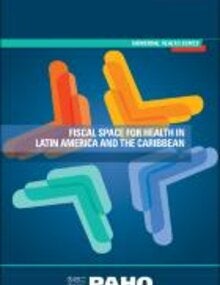The UN Resolution UN A/Res/70/L1 "Transforming our World: the Agenda 2030 for Sustainable Development," adopted in September 2015, outlined an ambitious vision for a new era of global development from 2016 - 2030.
The Agenda, seen as a universal plan of action for people, planet, peace, prosperity, and partnership, serves as a call to action for all countries and stakeholders to form collaborative partnerships in order to address the most pressing social, economic, environmental, and governance challenges of our time.
Health outcomes in the Region are heavily influenced by income, gender, ethnicity, cultural identification, geographic location, and education, as well as access to services and infrastructure. The 2030 Agenda has the potential to address these gaps through the promotion of multisectoral programming that seeks to address the inequalities that persistently produce poor health outcomes, with particular attention paid to the social, economic, and environmental conditions in which people are born, live, work, learn, and age.
The SDGs contain just one explicitly health-oriented goal—SDG 3—out of all 17 SDGs. However, many, if not all, of the SDGs include targets related to health, such as poverty, hunger, education, access to sanitation, and exposure to physical violence.
While not explicitly included in SDG 3, these themes are among the most immediate determinants of health and well-being. Governments, the private sector, and civil society will need to innovate and adapt to meet the challenges laid out in the 2030 Agenda, which incorporates a broader and more multifaceted vision for health and development than ever before.
Many of the 2030 Agenda’s principles are well-aligned with the Pan American Health Organization’s (PAHO) priorities and actions, which have been advanced by highlighting equity in PAHO’s Strategic Plan 2014-2019 and mainstreaming the Cross-Cutting Themes of gender, ethnicity, human rights, and equity across all of PAHO’s activities. To this end, PAHO has made great efforts to guide the Region in the implementation of SDGs, particularly SDG 3. Complementing the synergy between PAHO’s existing commitments and those presented by 2030 Agenda, PAHO has taken a series of concrete steps to actively participate in this new cycle of global commitment to sustainable development, making it relevant for countries as they develop their own plans.


